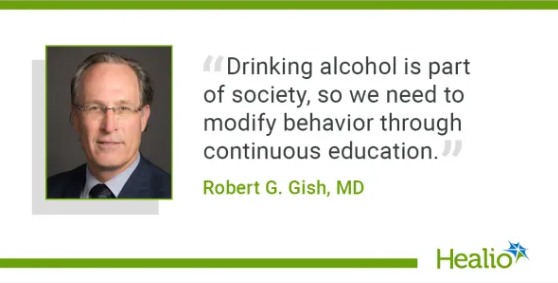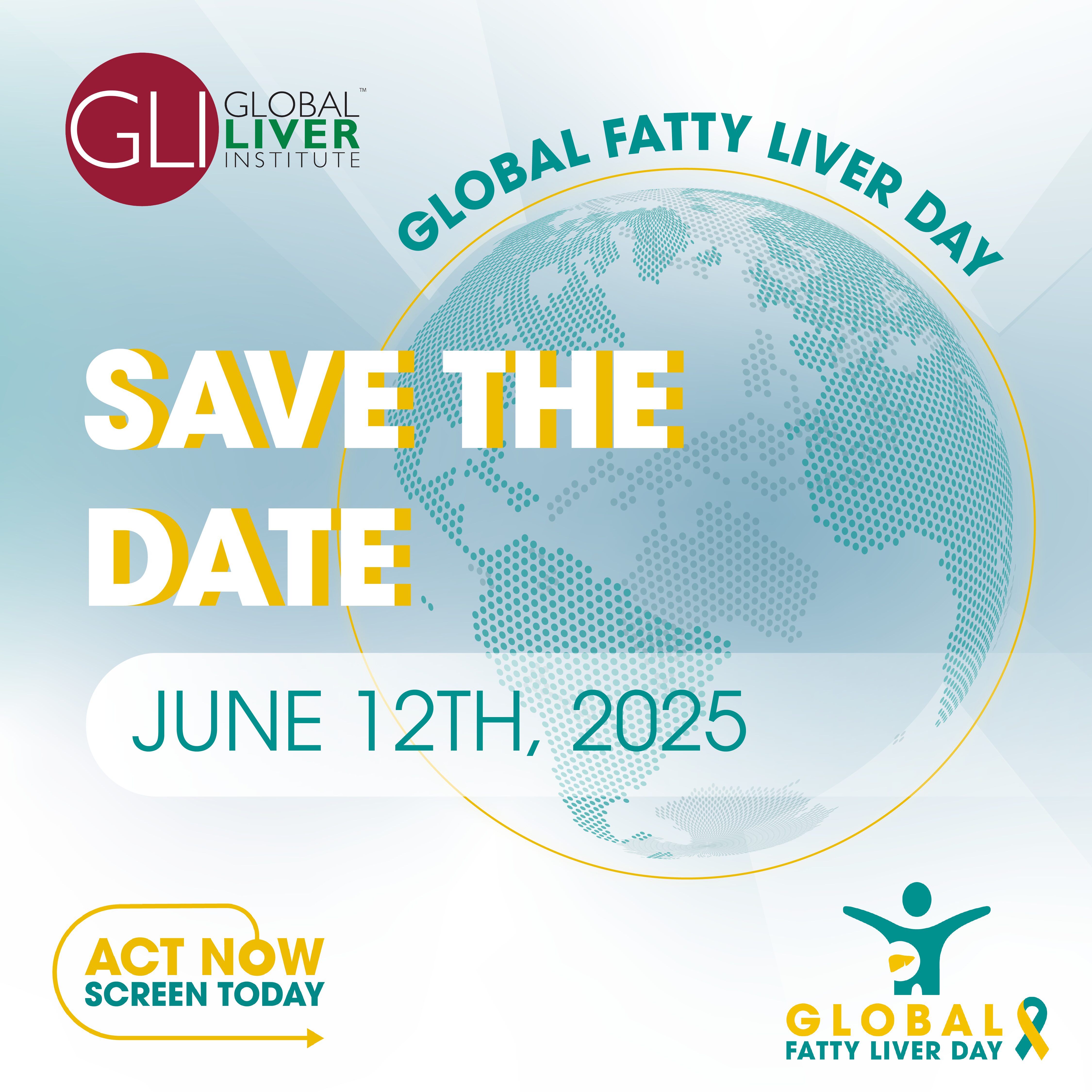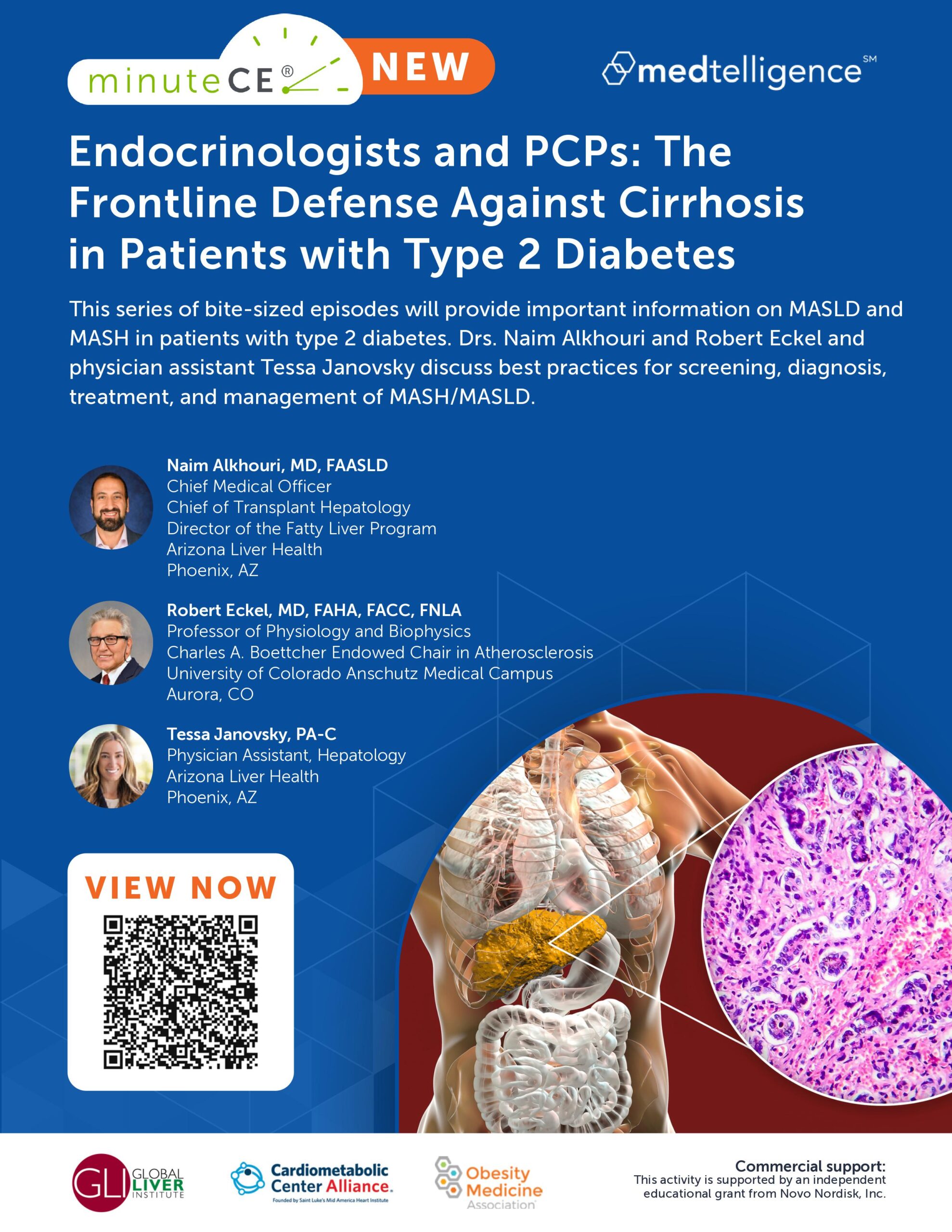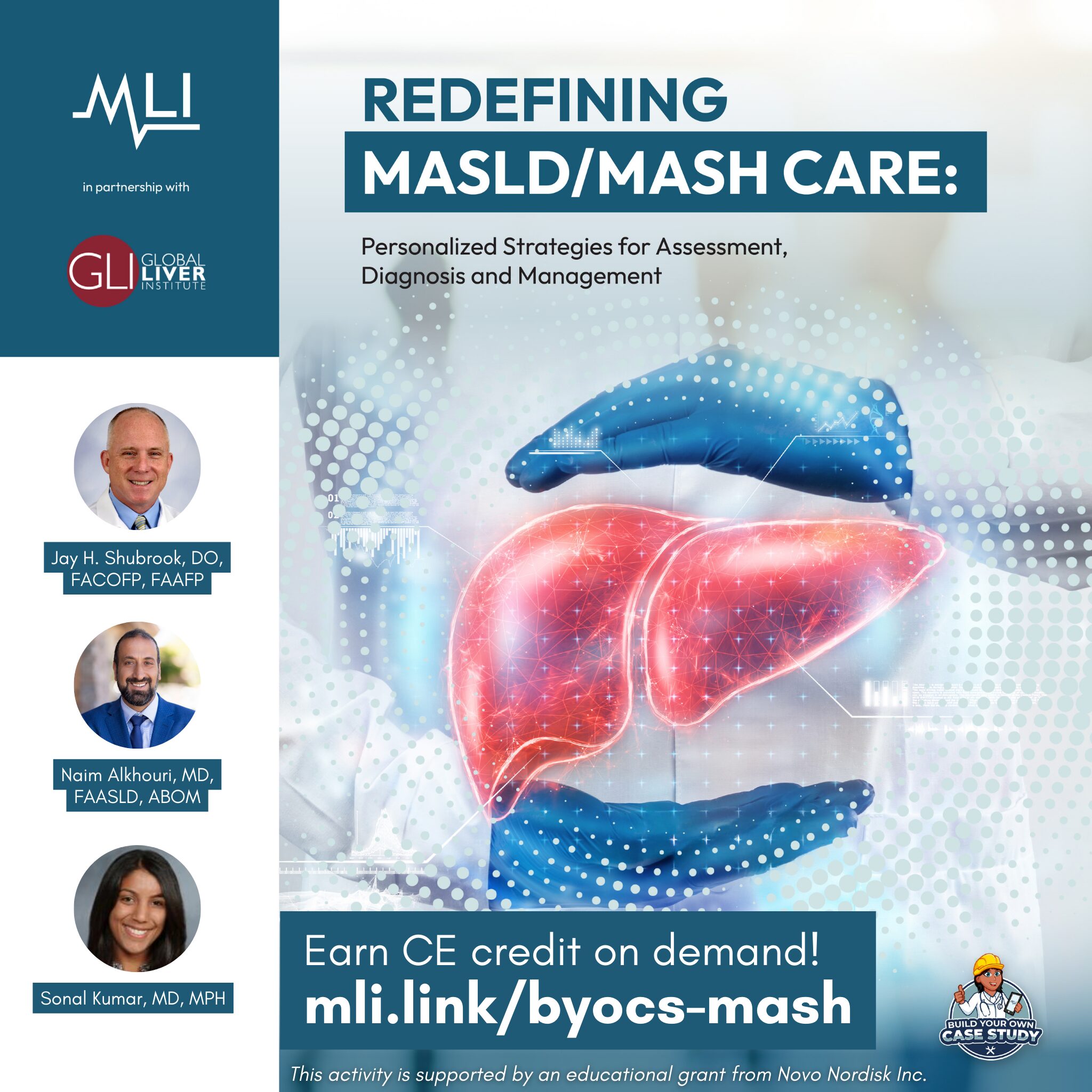
What’s New in 2025
Dry January: A Wake-Up Call for Liver Health
Stephen Silva-Brave, patient advocate and graduate of GLI’s Advanced Advocacy Academy (A3), shares how his wake-up call came after being diagnosed with fatty liver disease, which progressed to cirrhosis. In a Q&A with Dr. Robert Gish, they discuss how trends like Dry January can help people reassess their relationship with alcohol and why stronger education on the risks of alcohol-related liver disease is needed. While some hepatologists take a lenient approach to alcohol consumption, Dr. Gish emphasizes that those with fatty liver disease should avoid alcohol entirely and seek support if needed.
Global Fatty Liver Day is on June 12!
Mark your calendars for Global Fatty Liver Day on June 12, 2025! Join us in raising awareness and driving action to combat fatty liver disease and its more advanced forms, worldwide. Partner with us to host events, share resources, and make a lasting impact on liver health.
Emerging Insights
Liver-brain communication affects eating patterns and obesity
A study on mice shows that disrupting the liver’s circadian clock, either genetically or through a high-fat diet, alters eating patterns and contributes to weight gain by affecting liver-brain communication. These findings highlight the potential for therapies targeting this pathway to address metabolic disorders linked to irregular eating patterns.
Moderate Alcohol Consumption Fuels Liver Disease Progression in People with MASLD
A recent study highlights that even moderate alcohol consumption significantly increases the risk of liver fibrosis in individuals with MASLD. Researchers emphasize that no amount of alcohol is safe for those with MASLD, as it exacerbates disease progression when combined with metabolic risk factors.
MAFLD, NAFLD, and the Risk of Peripheral Artery Disease
A new study reveals that MAFLD and NAFLD are associated with an increased risk of peripheral artery disease (PAD). The findings highlight the connection between metabolic dysfunction liver disease and cardiovascular outcomes, underscoring the importance of early intervention.
⬇️ Education Resources Available ⬇️
GLI is proud to offer a range of continuing education programs to support healthcare providers in expanding their knowledge and skills in MASLD and MASH. These programs provide valuable CE credits and are available until June 2025.
Endocrinologists and PCPs: The Frontline Defense Against Cirrhosis in Patients with Type 2 Diabetes
Through a partnership with the Global Learning Collaborative, GLI now offers this continuing education course on ReachMD. This series of bite-sized episodes will provide important information on MASLD and MASH in patients with type 2 diabetes. Drs. Naim Alkhouri, Robert Eckel, and physician assistant Tessa Janovsky discuss best practices for screening, diagnosis, treatment, and management of MASH/MASLD.
Build Your Own Case Study | Redefining MASLD/MASH Care: Personalized Strategies for Assessment, Diagnosis and Management
In collaboration with the Medical Learning Institute, GLI presents an interactive course to Build Your Own Case Study. Healthcare providers in the endocrinology specialty setting are challenged to be knowledgeable of the pathophysiology of MASLD and MASH and its associated risk factors, as well as feel confident about how and when to order noninvasive diagnostic tests to prevent the emergence of more severe complications and stay on top of current guidelines and emerging treatment options.
Upcoming Events
- February 2025 – Rare Liver Diseases Month – #RareAware
- February 3, 2025 – Fatty Liver Alliance: Free Liver Health Education Event – Ontario, Canada
- February 21, 2025: National Caregivers Day
- February 28, 2025: South Florida Liver: Living Well with Liver Health Education Session, – Miami, Florida




